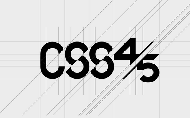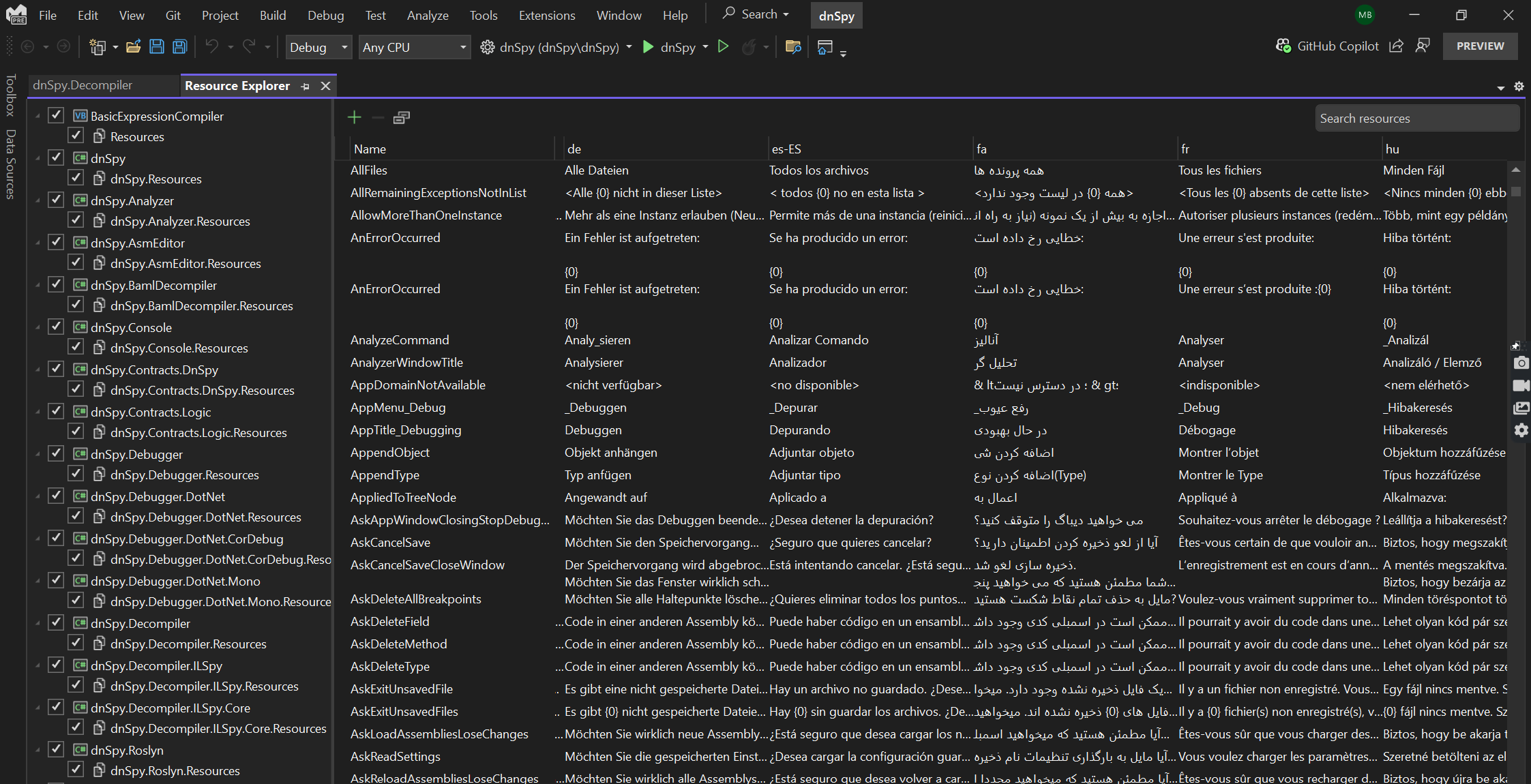- 18 Posts
- 108 Comments

 1·2 days ago
1·2 days agoWhat are you talking about?

 0·3 days ago
0·3 days agoDoesn’t help that it’s a multi-page document…
Persistent domain entity, Proto-persistent domain entity, View model, ,
What the heck… Yeah, I wouldn’t want to use that either. While it may be a formalization, it seems like it would significantly increase complexity and overhead. That can’t be worth it unless it’s a huge enterprise system that has to work with generalized object types across teams or something.
I hadn’t heard of Restful Objects before.

 0·3 days ago
0·3 days agoI didn’t quite follow.
They’re using htmx, make errors, and learning something new about using it?
That’s like using any new tech though, right? Or - depending on the devs - happens even with established tech.
I’ve never seen htmx in production. I find it interesting though and want to explore using it. That won’t be at work though. :)

 1·3 days ago
1·3 days agoThey’re not demanding anything. They’re describing how the current meaning of REST is nothing like the original one.
They’re making a point for not splitting application state and logic into client and server with shared knowledge. If you’re making that a pretext of course their argumentation won’t fit. They’re describing an alternative architecture and approach. Not an alternative protocol for the current common web application architectures.

 3·4 days ago
3·4 days agoI interpreted it as a wording issue on the “without downloading them” referring to you work locally - which matches “(client side)” as well.

 5·4 days ago
5·4 days agowithout downloading them (client side)
if they’re client side they must be downloaded

 6·5 days ago
6·5 days agoPresentation/Lecture; bad software quality due to software stack complexity with increased separation of layers and participants
SoC (System on a Chip) hardware for embedded/smaller use cases is very common and successful.
Suggests “Direct Coding” with direct hardware access as a possible alternative approach to PC hardware interfacing. Implementing that is more about commitment than difficulty. Depends more on hardware producers than software developers. A lack of drivers could give a fairer playing field between manufacturers.

 41·5 days ago
41·5 days agoGerman pro basketball team relegated to lower division due to Windows update
lol
Seems like a Ruby issue and suggested improvement? Using keyword arguments does feel like introducing a type of typing.
In C# I use records for simple, naturally behaving types, I can define explicit and implicit cast operators, so I have to choice between requiring explicit casts or not (because they make sense to require or are not necessary). I can use
varto define a variable without specifying a type, and it is deducted from what it gets assigned - but is still that specific type and gives me type safety.In Rust, as far as I understand anyway, traits define shared behavior. In Go interface implementations are implicit rather than explicit. With these, there’s even less of a need of elaborate explicit typing like the post argues/gives an example of.
In general, I’ve never had considerable effort or annoyance implementing or using typing. And I know what it’s good for; explicitness, and in consequence, predictability, certainty, increased maintainability, and reduced issues and confusions. If following references or refactoring becomes unpredictable or high effort, it’d be quite annoying.
When I’m coding JavaScript adding JSDoc so the typing information gets passed along is quite cumbersome. Without it, the IDE does not give intellisense/auto-completion or argument type matching. JavaScript is better with it, I consider it worth it with IDE support, but it is quite cumbersome. (I try to evade TypeScript compiler/tooling overhead.)
A programming language can offer extensive auto-deduction while using strong typing. With appropriate conversions in place, it will only report conflicts and where it was intended to.
I’m thinking of where I enjoyed dynamic natures, which I certainly have. But I don’t think that’s a matter of typing. It’s a matter of programming language interfacing to typing. If in PHP or JS I make a change, hit F5, and get an error, that’s not any better than the IDE already showing it beforehand. And for the most part, I can program the same way with or without typing.
Man, this became a long text.

 30·7 days ago
30·7 days agoI’m just glad we didn’t end up with this one (seen in the ticket)


 24·7 days ago
24·7 days agoDamn, sad story behind the color

 15·7 days ago
15·7 days agoI had never heard of opkg. I looked it up:
opkg: Fork of ipkg lightweight package management intended for use on embedded Linux devices;
ipkg: A dpkg-inspired, very lightweight system targeted at storage-constrained Linux systems such as embedded devices and handheld computers. Used on HP’s webOS;
Wikipedia has no dedicated pages for either of them. I guess they’re quite niche.

 0·7 days ago
0·7 days agodeleted by creator

 10·8 days ago
10·8 days agoI looked into the document and man, that’s a lot of points.
Skimming it, it’s all very vague and does acknowledge states autonomy over what they consider legal or not. But there is so much in it, and the general broad and cooperative and sharing nature of it certainly warrants skepticism and concern - especially with how different cooperating states can be, and how such a push may have unintended side effects.

 1·8 days ago
1·8 days agoWho are these people you portray? Do they even exist?
The China equivalence is so far off. The surveillance systems, the press coverage, the open criticism, and the pretext/goals are all very different between China and this.

 10·9 days ago
10·9 days agoIn German we say “doppelt hält besser”. Is there an English saying like that? “Twice is stronger/more stable/holds better.”

 4·10 days ago
4·10 days agoLol at taking over open tabs from Chrome.
Does the default-enabled dialog happen in EU too? Seems unlikely to be GDPR conforming, which requires explicit, informed consent, with an equal decline option.

 0·10 days ago
0·10 days agoInstallable alternative: https://zealdocs.org/












lol; committee with consensus by violence?